27/08/2019
Minimising risk to users is without a doubt the number one priority for specifiers and facilities managers when choosing new products or systems – and this is particularly true for washroom systems, which are used by many people on a daily basis.
Although commercial drinking water systems often receive the most attention for safety, other water systems should not be overlooked. In fact, ensuring the safety of these systems is crucial for maintaining public health and preventing outbreaks of infection and waterborne bacteria and disease.
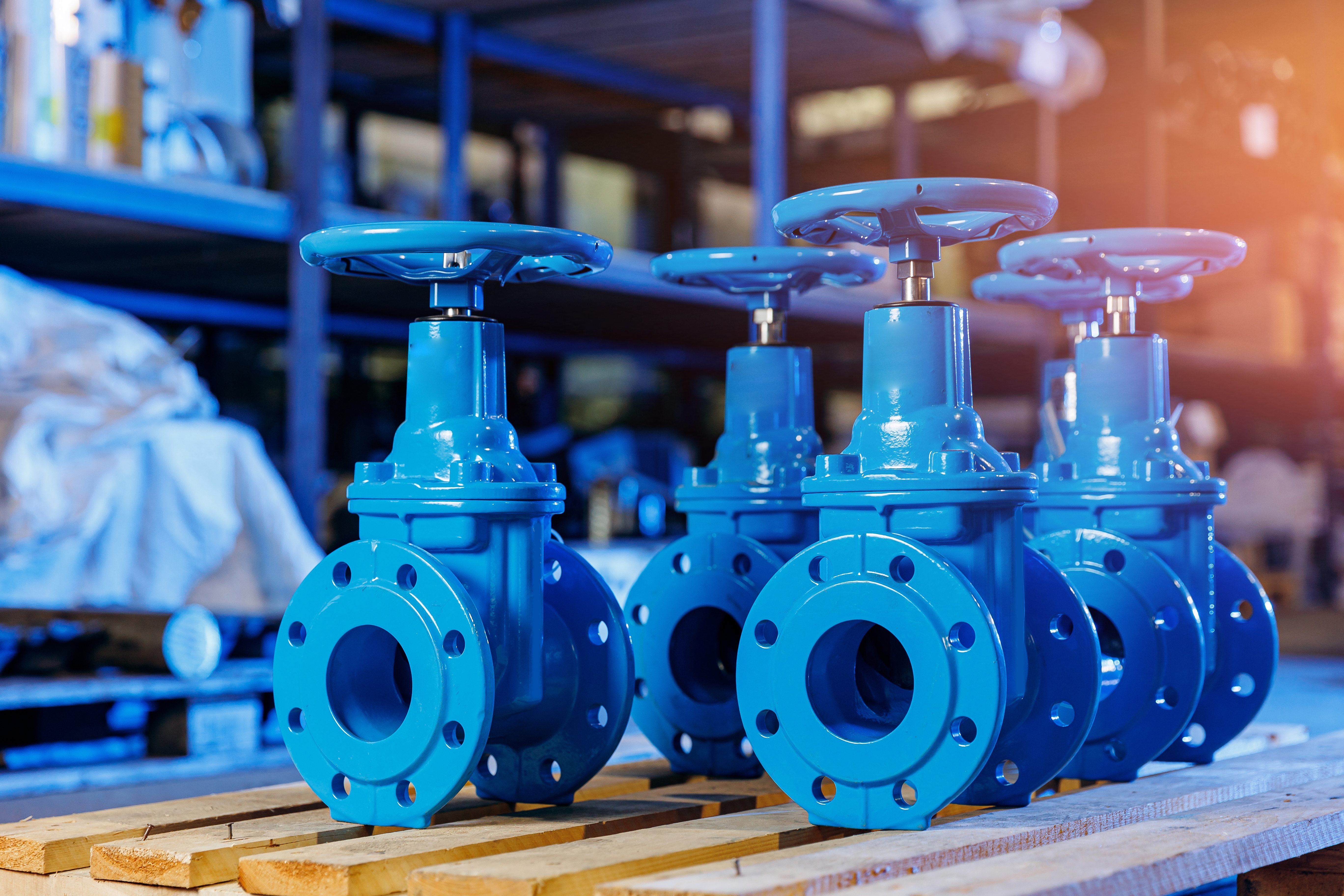
When not properly managed, water systems can harbour various bacteria that pose health risks if not properly managed, especially in hospitals and aged care facilities or in those with weakened and compromised immune systems.
Common bacteria found in UK water include a range of pathogens and infections that can lead to illness and serious health issues if not adequately controlled or reduced, including:
It's a name we've all heard – but what is Legionella? Legionella bacteria can cause Legionnaires' disease, a severe form of pneumonia contracted by inhaling airborne droplets of water containing Legionella. When someone has contracted Legionnaires' disease, they can develop a serious respiratory infection, and as we will cover, Legionella bacteria thrive in standing water systems.
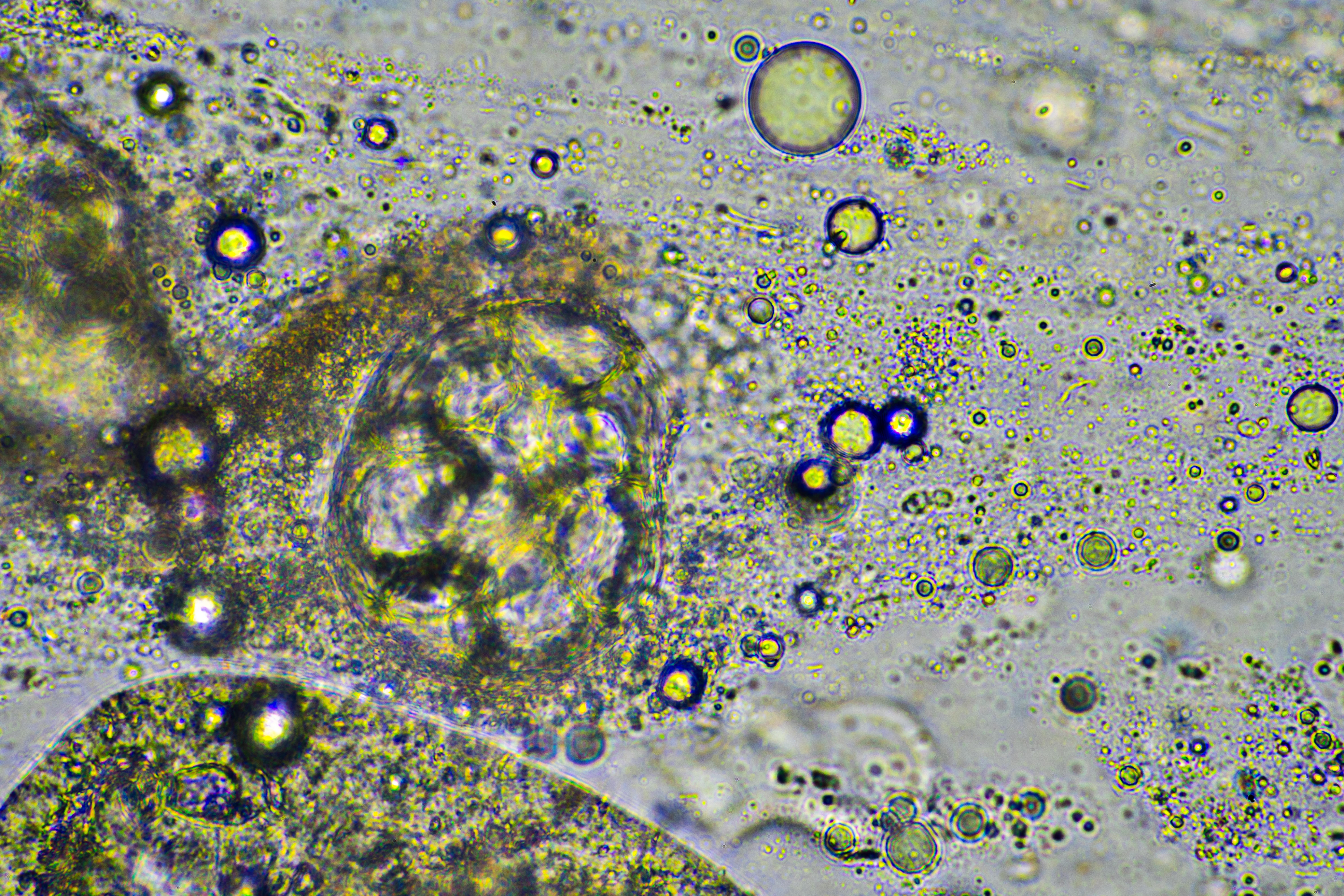
Found in the lower intestine of warm-blooded organisms, you can be exposed to E. coli through contaminated water, causing severe gastrointestinal illness and even kidney failure in vulnerable individuals – such as young children and older adults.
Found in various water environments and a common concern in hospitals and aged care settings, Pseudomonas aeruginosa can cause infections, particularly in individuals with weakened immune systems.
Resistant to chlorine disinfection, this microbiological cyst can cause gastrointestinal illness, particularly in children and immunocompromised adults. In fact, the parasitic organism was recently detected in Devonshire drinking water, and residents had to boil their water before consumption.
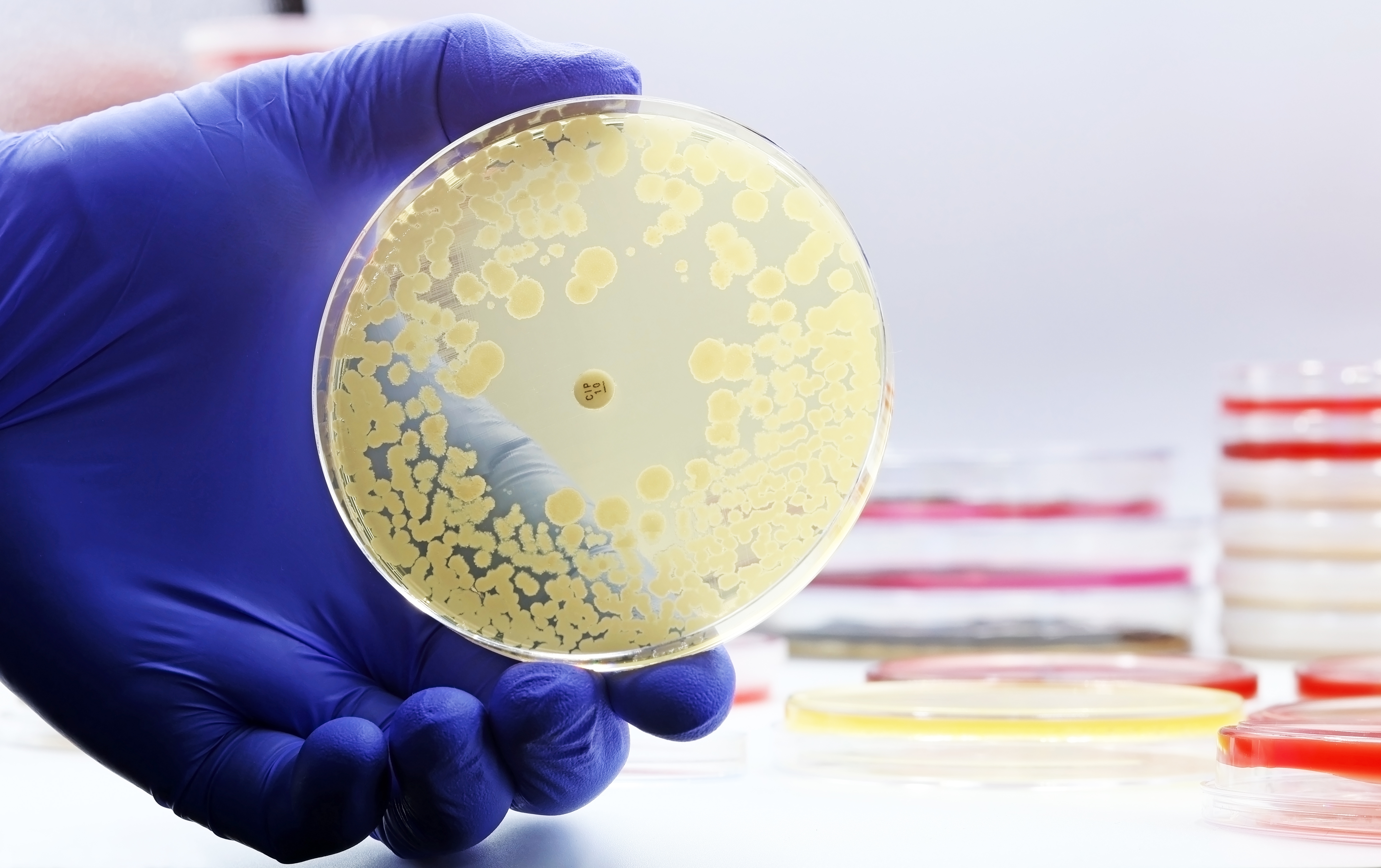
Found in the intestines of humans and warm-blooded animals, Enterococci indicates recent faecal contamination, similar to E. coli. Their presence suggests a risk of other harmful pathogens being present.
Though it's unlikely to cause direct illness, if coliform bacteria is present in public water systems or in your water supply, then it could indicate other pathogens are present, making that specific water source unsafe.
The water industry in the UK processes 15,316 million litres of drinking water daily, achieving a 99.95% success rate in testing. So dangerous levels of contaminants in your tap water are quite unlikely; however, it's important to note that water quality can vary from region to region across the UK.
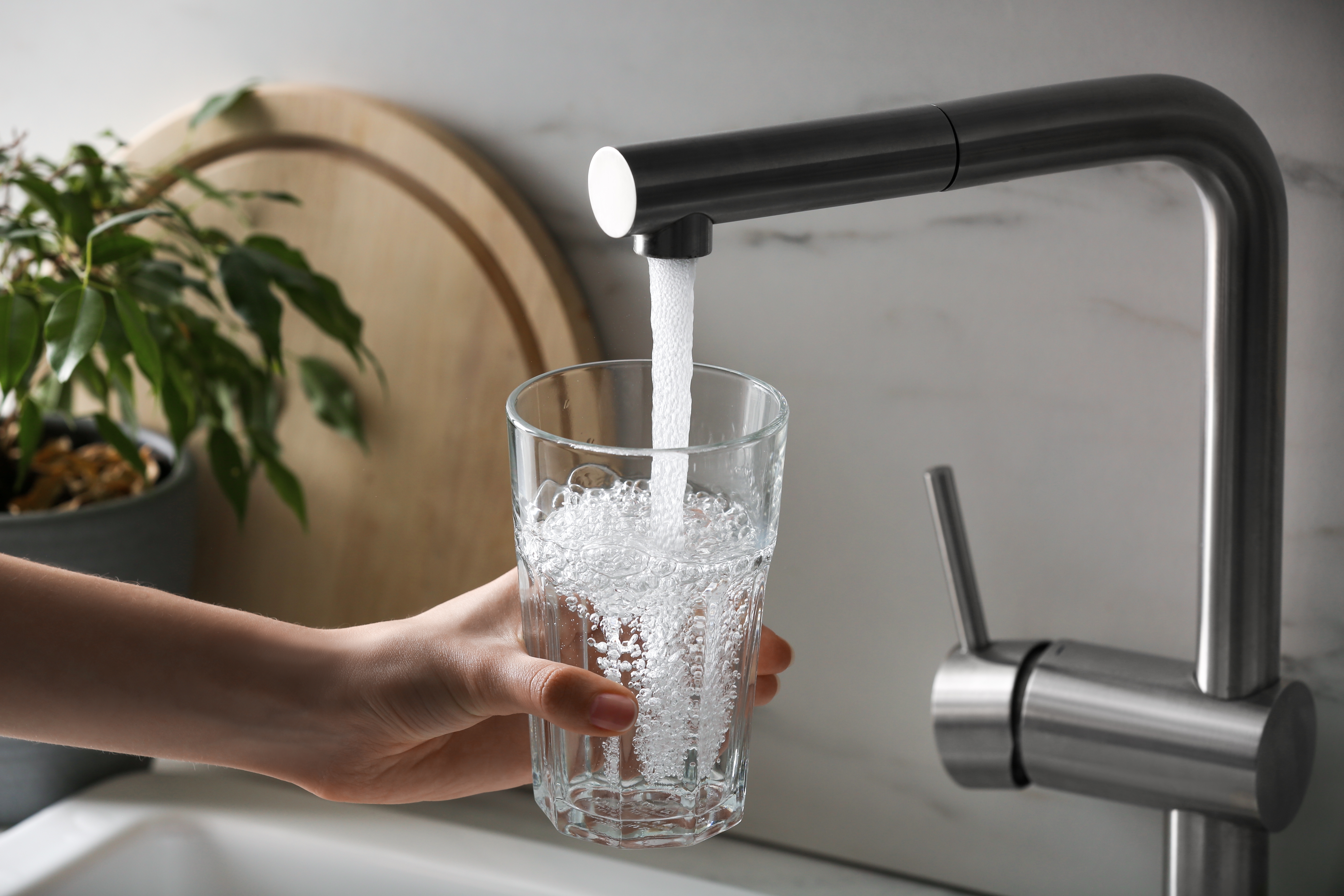
Between January and May of 2019, there were 110 confirmed cases of Legionnaires’ disease in the UK, according to Public Health England. Although rare, fortunately, this potentially fatal type of pneumonia is often preventable.
Caused by inhaling tiny droplets containing viable Legionella bacteria, temperature control is key in the prevention of Legionella growth and spread. Bacteria multiply in temperatures between 20-45℃, where nutrients are readily available, and become dormant below 20℃. Legionella bacteria thrive in standing water, as when stagnant, water acts as an incubator for bacteria and pathogens.
As such, it’s essential water delivery systems used in buildings such as hospitals and healthcare centres avoid using standing water which, once circulated through a building, can quickly spread contamination and waterborne illnesses.
That's why our InLine range of instantaneous electric hot water products only heats water as it is drawn off, eliminating standing water. HSE document L8 states a low-risk solution to Legionnaires’ disease bacteria is to have hot water fed from an instantaneous water heater, which makes InLine an ideal system for sinks and showers in large institutions.
When it comes to washroom products being used in large builds, whether a healthcare centre, or indeed an office, hotel, restaurant or any other commercial environment, this is a chief concern. Not only do bigger buildings tend to be used by a higher volume of people, but they are also more vulnerable to Legionella contamination as they have larger, more complex water supply systems in which the bacteria can quickly spread.

When Legionella is allowed to grow unhindered in warm, wet, and dark conditions, it will multiply faster, posing a greater risk of infectious disease spreading. Aerosolisation happens when the water that the Legionella are growing in becomes microscopic water droplets – this can happen at a shower head or tap.
Once the contaminated water is in this state it can be easily breathed in, and that means people can develop Legionnaires' disease and become very sick. Fortunately, we're here to help – with our market-leading filtration technology, UV light treatment, and UltraCare service.
We understand that Legionella is a real risk for many buildings and that specifiers are looking for easy ways to minimise this risk. With this in mind, we have developed a number of product ranges designed to prevent Legionella from becoming dangerous.
For instance, did you know HydroTap’s 0.2-micron MicroPurity filter is 25 times finer than a filter jug? Perfect for busy offices and workplaces, our flagship is certified to reduce up to 99.9% of bacteria from drinking water, like Cryptosporidium and Giardia, and other contaminants, such as lead, microplastics, and cysts.
And with UltraCare, a four-barrier defence we've specially designed for healthcare and aged care settings, HydroTap is proven to deliver a 99.9% reduction in Legionella bacteria found in water.
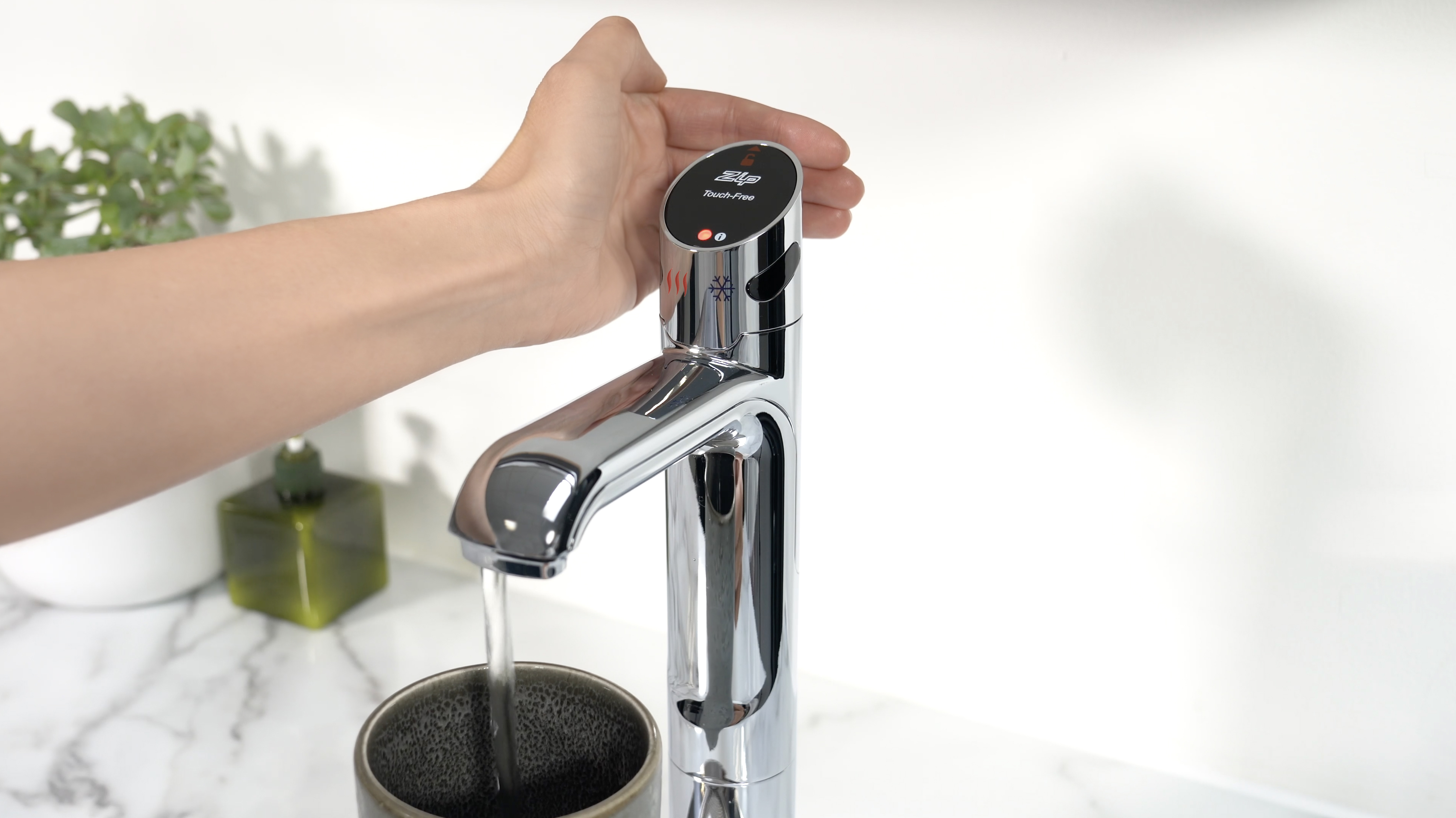
Aquapoint 4, our highly efficient and durable wall-mounted hot water system, is also suitable for a wide range of applications – and we've engineered the system with Legionnaires' disease in mind.
Indeed, not only does it boast a range of capacities and SmartEco mode for improved efficiency, it also has an automatic anti-legionella function. If water does not reach 65℃ for 14 consecutive days, the product’s anti-legionella function heats the water to 70℃ and maintains the temperature for 120 minutes, ensuring any legionella bacteria that may have been in the product is sterilised.
By enhancing your water safety protocols and adopting innovative products like ours, you can protect users from potentially severe health risks associated with Legionella and other bacteria found in drinking water.
If legionella in water is a concern in your building or project, or you'd like to learn more about how our products and services, including UltraCare, could help your workplace, then please get in touch.
Talk to us about your next project, request a brochure or arrange a full product demo with one of our team.
